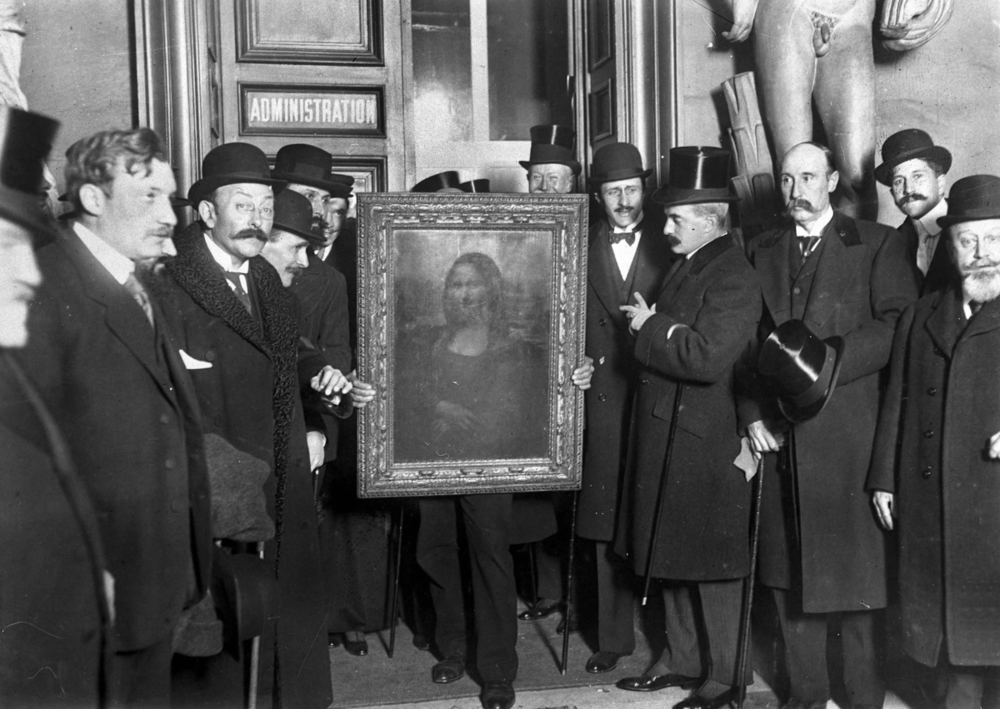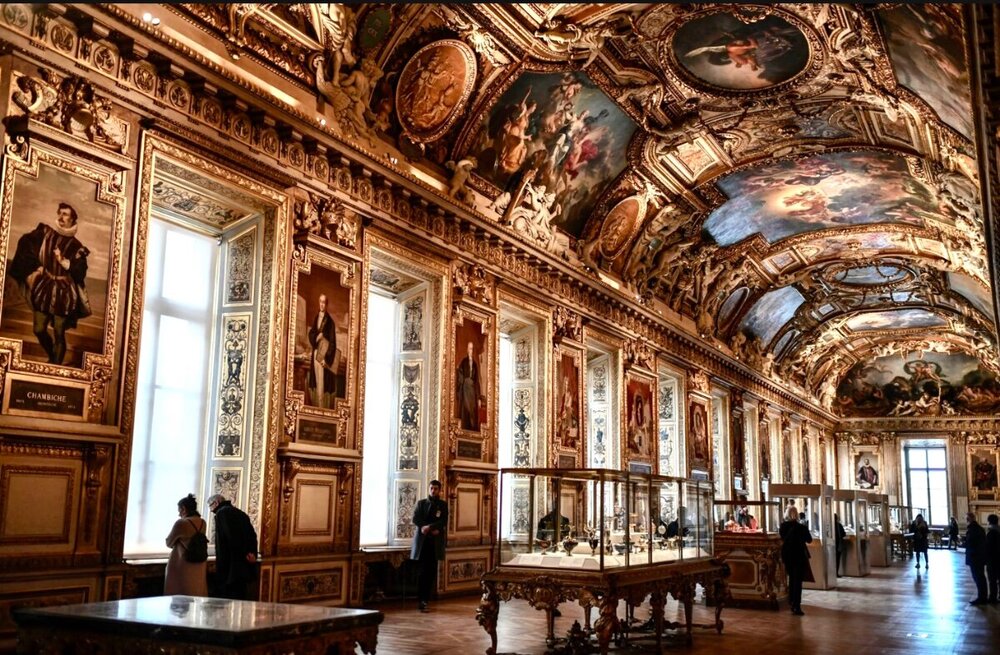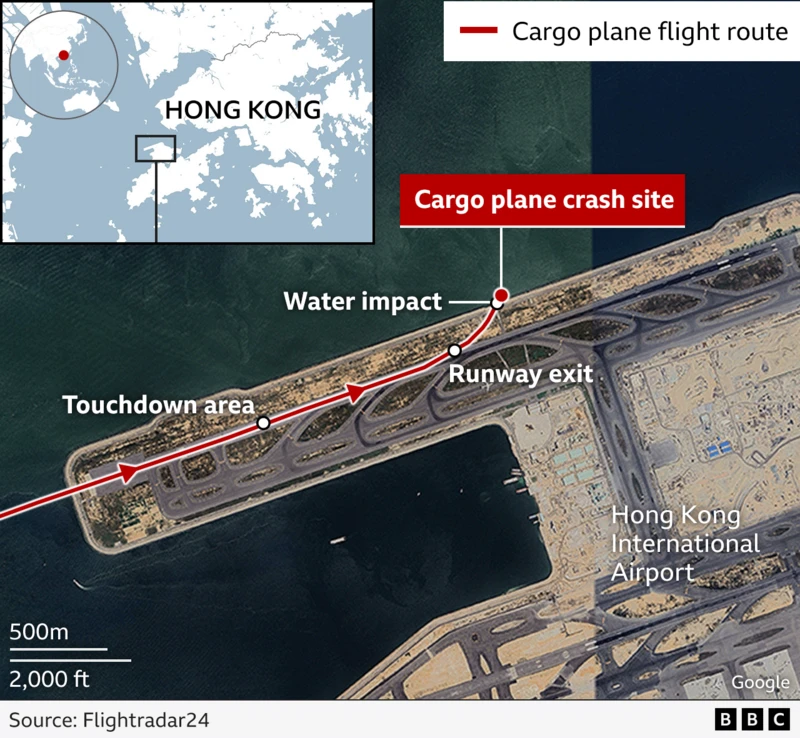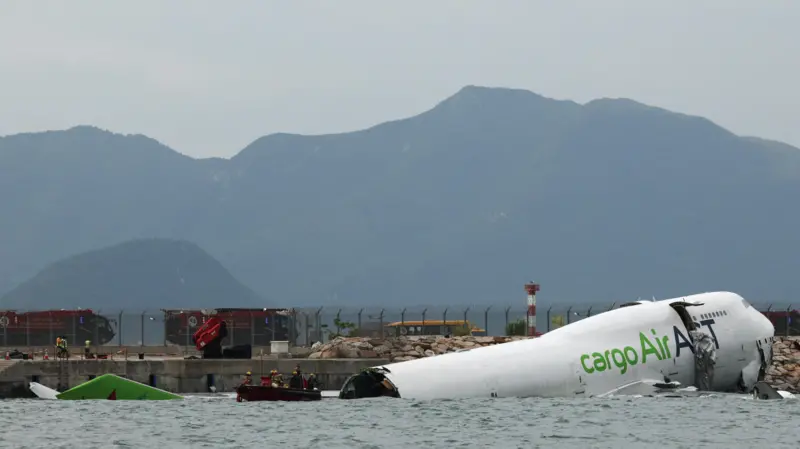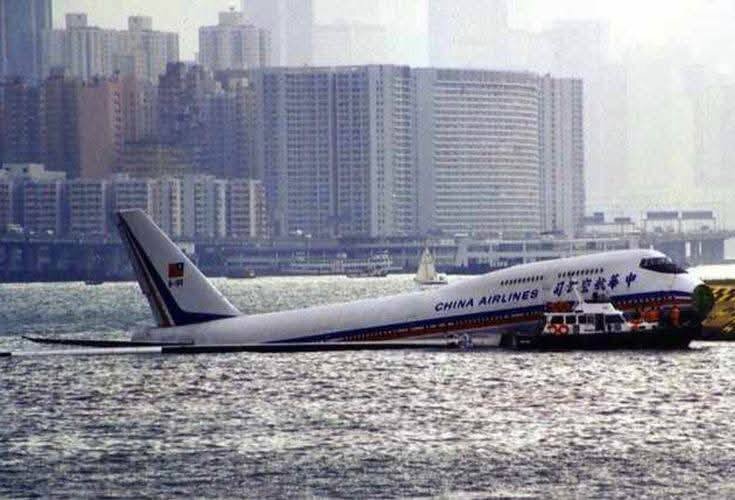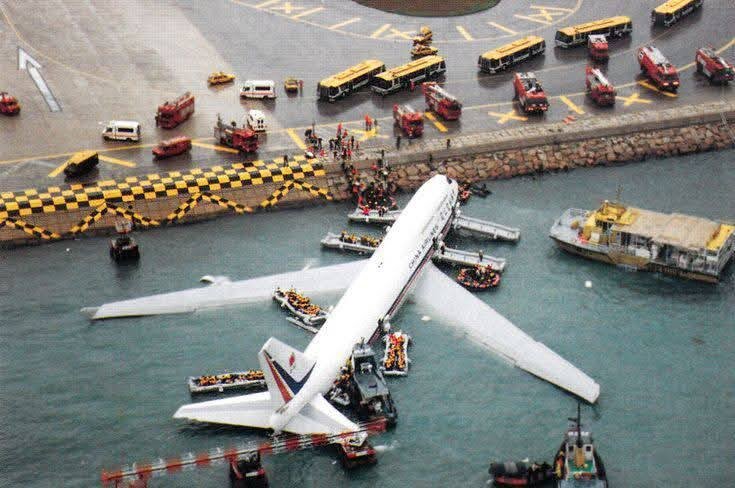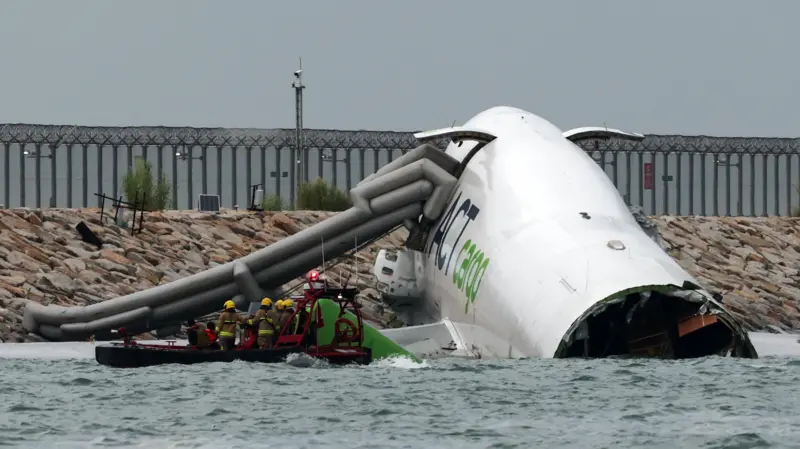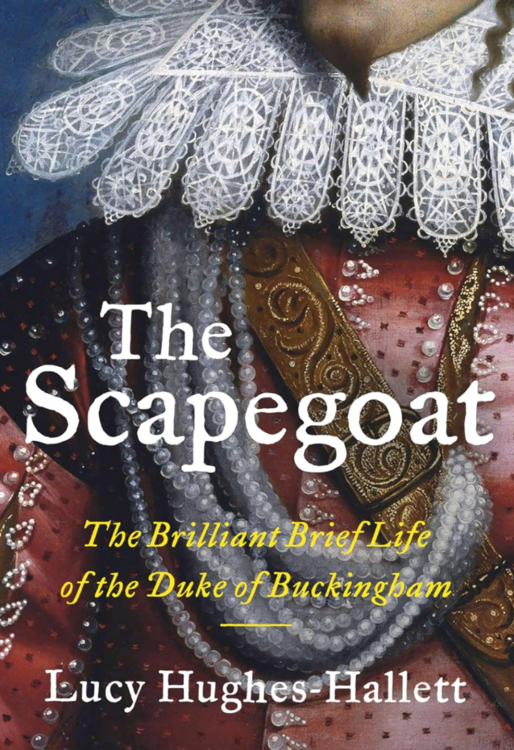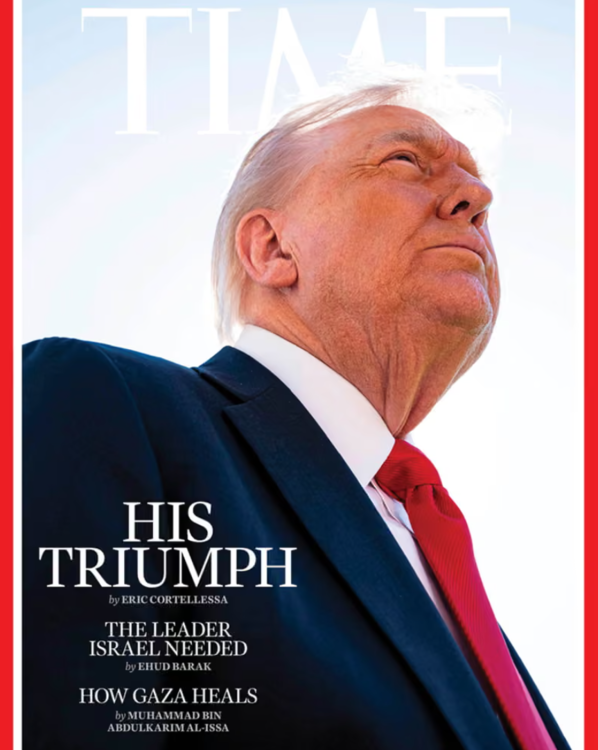
PeterRS
Members-
Posts
6,807 -
Joined
-
Last visited
-
Days Won
402
Content Type
Profiles
Forums
Events
Everything posted by PeterRS
-
The first time I tried to give someone in Japan a tip, they recoiled as though I was a snake trying to bite them! The Japan economy is certainly not good at present. Like many countries it is not only suffering from high inflation but also a huge national debt. Wage growth is also quite weak. If there is a problem for the boys who work in the agencies it must be that their regular Japanese clientele who surely make up a huge percentage of their income are not visiting as often. And although international tourism is up with more than 21 million visitors in the first half of the year - way ahead of the pre-covid high,, the main increase in visitors has been from China, Taiwan and South Korea. My guess is there are not as many clients for the escort agencies than from the declining traditional markets like many Europe countries, Australia, the USA, Singapore, Hong Kong and Malaysia. This is perhaps really surprising given that the ¥ is at near historic lows - at least over the past four decades. Today it is at ¥151 = US$1. At the start of the 1980s it was around ¥250 to US$1. As a result of pressure from the Reagan administration it entered the 1990s closer to ¥120. It even went as high as ¥76 in the early 2011s. I can only guess that the quite substantial increase in the cost of air tickets since the pandemic has prevented those from traditional markets being prepared to fly the long distance to Japan.
-
I was not sure whether this should be under "Art" or here. But given the amount of PR the heist has achieved, I think it is appropriate here. As we know, thieves broke into the Louvre on Sunday and stole a fortune in jewellery. Not just any old pieces, either. These were to all intents and purposes the royal jewels of France. Just eight pieces, but of almost incalculable value. One crown is set with 2i2 pearls and 3,000 diamonds! The gallery from which the French crown jewels were stolen on Sunday The general public seems to love art heists. They are crimes that involve huge sums of money and usually no one gets hurt. There is a fascination about the lowly art thief who overcomes the latest security measures to steal works of art that are often so unique they can not be sold - other than to private collectors to view in the privacy of their massively expensive mansions. What makes the Louvre heist noteworthy is twofold. First the Louvre which must be one of the most secure store of art treasures in the world, housing as it does a host of unimaginably pricelss art like Leonardo da Vinci's Mona Lisa.But secondly, art heists from major museums and galleries are not really that uncommon. The Mona Lisa itself was stolen in 1911. It reappeared two years ater in Perugia in Italy. The Mona Lisa on its return to Paris - Photo Reuters Almost annually since then, museums and galleries have updated their security systems to ensure the safety of their treasures. Yet in 1964 lax security enabled thieves to get away with a bagload of precious gems from New York's National Museum of History, including one of the world's largest sapphires, the Star of India. Most seem to have been recovered but one, the Eagle Diamand, has never been found. Called the largest theft in history, in 1990 two men dressed as police officers walked into Boston's Isabella Stewart Gardner Museum and walked off with art treasures then valued at US$500 million. None of the 13 stolen works has ever been recovered, and these include a rare Vermeer and three Rembrandts. The Vermeer remains the most valuable stolen painting in the world. Today only 34 works by Vermeer exist, compared to 74 attributed to him in 1866. The 2023 Vermeer Exhibition in Amsterdam drew 650,000 visitors, the largest ever attendance for an exhibition at the Rijksmuseum. The Concert by Vermeer: the world's most valuable lost painting - Wikipedia Better known, perhaps, is the case of two men who walked into the National Museum in Oslo in 1994 and in less than a minute walked off with the nation's best-known painting, "The Scream" by Edvard Munch. They clearly had a sense of humour as they left in the painting's frame a note, "A thousand thanks for your poor security!" The painting was recovered there months later There have been other relatively small thefts. One of the larger ones was at the Paris Museum of Modern Art in 2010. A man known previously as the "Spider-Man" got into the gallery without setting off any alarms and stole five masterpieces by Picasso, Matisse, Modigliani, Braque and Léger. None has ever been found. Then in Dresden, thieves used explosives around the Green Vault Museum in 2019 and made off with US$100 million in jewels. Several pieces were damaged in the raid and three have never been recovered. Just released this week is a movie The Mastermind about art thefts and a man tasked with finding lost artworks. https://www.bbc.com/culture/article/20251016-the-reason-art-heists-exploded-in-the-1970s
-
I have just been reading the latest story on this crash which appears in news.com.au. If the map issued by the HK Airport Authority is anywhere near accurate, this story is a load of garbage! It suggests that the 747 failed to stop "at the end of the runway" (it was less than half way down as shown in the photos), hit the ground vehicle and ended up in the sea. It is perfectly obvious it veered off the runway before it reached any of the turn-off taxi ways. This implies a fault with the aircraft or its pilots as they must have been aware that the turn-off points were on their right but the aircraft veered left. There is no left turn off taxi-way! But that is speculation and we must wait for the initial inquiry results.
-
Good of you, but this is the first time I have heard of tips being requested by boys from the escort bars, Years ago I even had a tip rejected - not because it was too small (I was quite a good tipper) but it is absolutely not the custom in Japan to tip. I wonder if western habits have started to creep into these bars.
-
How absolutely dreadful! Desperately sad even though he had reached the age of 84 especially for the manner of his tragic death. It's not jjust the Pattaya gay community who have lost a voice and a dear friend, it is Thailand. He is virtually irreplaceable. May he rest in eternal peace.
-
The authorities have now confirmed the ground vehicle was not on the runway but on the harbour road. It was hit by the 747 as it collided with the harbour wall into the sea and both in the vehicle were drowned.
-
Lots of the boys in the March CMU vdos are bottoms. The one probem I find with the vdos is that they are all mostly very similar in content. Cute guys but usually boring vids. It seems some, if not all, are filmed in Bangkok.
-
At the media conference, the airport authorities have stated that the arcraft was given correct constructions for landing. The BBC website reports that the ground vehicle was not on the runway when the accident happened. It has posted this map of the crash site. I believe that where is states "runway exit" is incorrect. It is a runway entrance and you can see that from the angle at which it enters the runway. The first of several runway exits is a little further down. Since the plane was carrying no cargo when it landed, it would have been relatively light and might have been making for that first exit. I have no idea where the ground vehicle was located when hit by the 747. But I have landed three times on this runway and there is a road track by the harbour wall not marked on this map. The airport authorities have said the vehicle struck by the 747 was outside the runway fence. It must therefore have been on that track close to the harbour wall. The biggest problem for the airport now will be its cargo operations. It has a massive cargo throughput and that third runway handles a lot of cargo traffic. Reduced to two runways will put a stress on the airport until that runway is operational again.
-
Wasn't there another weekly column in the Bangkok Post until at least 2000 with info on bars? That column did occasionally mention the gay gogo scene and give news about the gay scene in general?
-
Hong Kong's International Airport was built by vastly expanding a small island to the north of the largest island of Lantau. It has been virtually accident-free apart from one incident during the start of a mild typhoon in August 1999 when a China Airlines MD11 crashed on landing after a wing tip touched the ground and the aircraft turned 180 degrees and slid on its back. Despite the small fire which broke out and most passengers being stuck upside down by their seat belts, as a result of the heavy rain and quick response of emergency teams everyone except for three passengers got out of that wreck alive. That evening I happened to be in the Cathay Pacific lounge as I was about to fly to Bangkok to finalise the deal to purchase my apartment. I could not work out why everyone had suddenly rushed to the windows! But with the airport then closing, taxis suddenly became like gold and getting back to my apartment in monsoon rain took around 6 hours insted of the usual 90 minutes.. At 03:50 this morning the airport suffered its second fatal accident when an Emirates cargo 747 wet-leased to ACT Airlines crashed into the sea. This happened on the new 3rd runway. That runway is now closed. Thankfully it is some way away from the original two runways and so airport operations should only be mildly affected. Allegedly the aircraft hit a vehicle on the ground which resulted in the accident and two members of the ground staff were killed. . This split the plane in two. Why a ground vehicle was on an active runway will no doubt be the subject of an urgent enquiry. The airport authority is due to give a media conference at 09:00 Bangkok time. The scene is vaguely similar to a 1993 incident at the old Kai Tak airport. A notoriously difficult airport for landings from the west which necessitated a 90 degree turn just before touch down, a China Airlines (same airline) 747-400 got its turn slightly wrong, landed too far down the runway and fell into the sea at the end. mercifully no-ne was injured, although the new 747 was badly damaged.
-
Many thanks. I know I will. I usually go four times a year. Some time you really should visit at the time of the Taipei Gay Pride Parade on the last Saturday in October. It's always a great fun week-end with around 200,000 mostly young Asians atteding the march and then parties at various bars and clubs. You may already have seen this earlier post -
-
So glad that you enjoyed one of my favourite haunts about which I have written several posts. I guess you didn't notice - or know about - the mostly nude gay beach not far from Tamsui. Were you charged the extortionate entry price for non-Taiwanese at Soi13In? (Well, extortionate is perhaps overstating it, although others have mentioned this). NT$1,000 (US$32) rather than the NT$300 for Taiwanese is a bit of a hike, but then when it is packed with lots of mostly young guys it can be near paradise! I believe the best time for arriving on weekdays is around 6:30 - 7:00pm. Entry to the other larger spa when I was last there in June, Hans Mens Sauna hear the Red House, was NT$400 for everyone, but the clientele is generally older. I'm returning to Taipei in just over two weeks. Can't wait!
-
No help, sorry. The nearest I got to Palermo was Catania about 200 kms away. Long time ago met a delightful guy when I was visiting the wonderful Roman amphitheatre. We started chatting (thankfully he spoke some English and was looking for company) and ended up having a wonderful time. Pure luck! Great view of Mt. Etna against the evening sun.
-
I guess you will do a bit of sightseeing on the trip. I am told the restored Humayun's Tomb is beautiful and the Red Fort is a must.
-
So one liar, cheat, narcissist and betrayer of friends pardons another. Why are we not surprised?
-
I had a Thai boyfriend who contracted AIDS and died in 1994. Although desperately sad, I was terrified about getting an HIV test even though I had always used condoms. AZT was on the market but very expensive. I just assumed I did not need it! Two years later I finally took a test and was negative. But the next year one of my closet friends in Hong Kong arrived at my apartment and told me he had tested positive. He was in a dreadful state. By then antiretrovirals had been developed and he was put on a course. Now nearly 30 years later and aged 70 he is still not only alive, he is enjoying life as much if not more than before. I believe he takes one pill a day (but not 100% sure it is only one).
-
For long the Church of Norway has marginalised the gay community. In the 1950s it had described our community as "a social danger of global proportions." Not that this was unusual for it was a position many recognised churches around the world adopted at the time. Even though same-sex partnerships were made legal in 1993 and same-sex marriage since 2009, Norway has now joined a number of countries where Official Churches have apologised for their earlier stance. In 2023 the Church of England apologised for its "shameful treatment" - but still will not permit marriage in church. Last year it was the turn of the Methodist Church in Ireland - but it still maintains that marriage can only be a union betwen a man and a woman. This year it was the turn of Canada whose general secretary said, "We have wounded people instead of seeking fogiveness. We are sorry." In his apology, the Church of Norway's President said – “The church in Norway has caused LGBTQ+ people shame, great harm and pain. This should never have happened and that is why I apologise today.” https://www.theguardian.com/world/2025/oct/16/church-of-norway-says-sorry-to-lgbtq-people-for-shame-great-harm-and-pain
-
A splendid new book featuring a gay historical figure who himself may not be very well known but who played a massive role in the life of a King. When Queen Elizabeth I was on the throne of England, the country was still torn between the two main religions: the long established Catholicism and the relatively new English version of Protestantism established by her father King Henry VIII. Those intent on ensuring the abolition of Catholicism had one basic fear: that there was a rival Catholic claimant to the throne of England. When Henry divorced Elizabeth's mother, Anne Boleyn, some considered the marriage had never happened and therefore that child was illegitimate. When his two older children died young, the Protestant Elizabeth had been crowned Queen. Bear with me just a moment. Henry VIII had a sister and she had a son who was effectively the grandson of Henry VII. Some considered that his being male meant the grandson had a better claim to the throne of England. Scotland and England were still separate countries, each with its own royal family. Henry's sister had married the Catholic King James IV of Scotland. Their son became King James V of Scotland who went on to marry a French noblewoman, the very Catholic and well-connected Mary of Guise. They soon had a daughter whom they also named Mary. Poor Mary was just six days old when her father died and she became Queen. We know her today as the romantic figure Mary, Queen of Scots. Fearful of the spread of the new religion in Scotland, Mary's mother had her sent to the court in France. When just six she was betrothed to Francis, the son of the French King, and spent the next ten years in Paris after which she and Francis were married. The following year on the death of his father Francis became King and Mary was therefore Queen of both France and Scotland. But Francis had been a sickly child and he too died little more than a year later. He was just 16. The politics at the French court made it clear her presence was not desired in France. So she returned to her native Scotland. What she had not realised was that Scotland was in the process of becoming much more Protestant than Catholic. Still in her early 20s, she remarried and she had a son also named James. Years later she was forced to abdicate the Scottish throne and her son became King James VI of Scotland when aged just 13 months. But James was brought up as a Protestant and never wavered in his religious affiliation. He also never wavered in his preference for male company. Only with the necessary marriage to ensure the royal line did he seem to have feelings for his wife, Anne of Denmark. She too was frequently sickly but they did produce several children. In the meantime, Mary had taken a small army and marched on England. She was captured and when aged 44 Elizabeth had her executed. Since Elizabeth never married, thoughts turned to the accession. The only possible choice by now was Mary's son James VI. Thus history accords him the title: James the VIth and Ist. Before his marriage, word had been spreading about James lust for beautiful young men. When 15 he met his first love whom he created the Duke of Lennox. The "carnal lust" that seemed to feature between them had some other noblemen concerned. After a year they forced Lennox to leave Scoland. But James was surrounded by a group of page boys. A companion of the King since childhood, Richard Preston the Earl of Desmond, was with James when he moved to London as King of England. As with many of his favourites, James showered Preston with gifts and lavished honours on him. This started gossip about his relations with younger handsome men which covered effeminacy and same-sex desire. In 1607 aged 40 he happened to see the 20 year old aggressively handsome Robert Carr at a jousting contest and they started a relationship. James eventually created him Viscount Rochester and later to the more noble title of Earl of Somerset. He then promoted him to one of the highest offices in the land, Lord Chamberlain and showered him with gifts. But Carr got involved in a lurid murder case and was confined to the Tower of London for some years before James pardoned him. Even before Carr found his way to the Tower, James had fallen big time for another courtier. The last love of his life and by all accounts the most intense seems to have been 22 year old George Viliers. James by now was 48 and he fell head over heels for Villiers. James soon knighted him and over the next 8 years promoted him through the ranks of the peerage - successively as Baron, Viscount, then Earl, then Marquess and finally the highest in the land, a Dukedom. That they slept together is well documented. When Anne finally died in 1623, James wrote to the Duke to tell him he was looking foward to getting married to him at Christmas. Letters between the two still exist and are proof of the love they had for each other. These are not just the usual flowery letters between courtiers and a King. They express real love. They were constant companions. And it was known beyond the shores of England. The 17th century poet Theophile de Viau wrote in a poem " . . . And it is well known that the King of England Fucks the Duke of Buckingham." Earlier this century a secret tunel was discovered linking the bedroms of Buckingham and the King. When news of James death reached Buckingham in France, he broke down in tears. He continued as a more masculine advisor to James' son King Charles I until he was assassinated three years later aged 36. And the Court scandals of the day in addition to the politics of the time were to lead to the English Civil War which was to lead to the public execution of Charles I just 14 years later. This background forms the basis of a new book about the Duke - The Scapegoat: The Brilliant Brief Life of the Duke of Buckingham by Lucy Hughes-Hallett. A kindle edition is available on amazon.com
-
And he has to be given enormous credit for that. Singapore was basically a marshy swamp when the British left. Lee felt Singapore could never survive on its own which is why he entered into an alliance with Malaya - the SI in Malaysia basically represented the Singapore element. But it was never going to work. After WWII bankrupt Britain was desperate to hold on to Malaya as it needed the profits from its rubber and tin. The Malays then fought a long, bloody indurgency with the British to gain their freedom. This period in British history is one of its least distinguished. Two of their atrocities were herding up to one million into concentration-type camps and being the first nation to use an anti-foliant similar to Agent Orange. Even before the main insurgency ended in 1960, Malaya had achieved its independence in 1957. Its leader Tunku Abdul Rahman was a wise and much admired leader who knew he had to balance a clutch of ethnic groups - largely Malays, Chinese and Indians - along with varous Kings. Put simply, he wanted greater autonomy for ethnic Muslim Malays. Lee wanted greater prominence for the minority Chinese population. The alliance would never have worked even in the medium term. So Lee broke away and started to lead his independent Singapore in 1965. Starting virtually with nothing, Lee built one of the world's great small nations. As @Marc308 points out, he could not do that using western democratic principles. To all intents and purposes he was a benevolent dictator whose benevolence only went so far. He was a visionary. He intended to ensure that vision materialised. And he was perfectly open about it. Two of his famous sayings were - “We have to lock up people, without trial, whether they are communists, whether they are language chauvinists, whether they are religious extremists. If you don't do that, the country would be in ruins.” And if we think that is pretty draconian, he followed that in a 1987 Straist Times interview with these words – “I say without the slightest remorse, that we wouldn’t be here, we would not have made economic progress, if we had not intervened on very personal matters – who your neighbour is, how you live, the noise you make, how you spit, or what language you use. We decide what is right. Never mind what the people think.” If that had been said in any developed country, Lee could never have survived. Even as Singapore started to prosper mightily later in the century, he would lecture western leaders who admired him about democracy and how multi-party western democracy could not work in Asia, especially in developing countries. In 1998 he was still in favour of his brand of autocracy. He rather sat on the fence as to whether democracy was beneficial to India or not. But absolutely convinced that China could never be democratic. In his 2013 book One Man's View of the World, he wrote - "I don't believe the Chinese people themselves believe that with 1.3 billion people you can have one man, one vote for a president."
-
For years he had a fake covers of TIME adorning his office andgold clubs. Now he hs made the cover of TIME this year he's pissed about it. The Donald hates the photo. It's "super bad" and "Maybe the worst of all TIME." “They “disappeared” my hair, and then had something floating on top of my head that looked like a floating crown, but an extremely small one I'm surprised he is not flattered. It could be a halo
-
That seems to me extraordinarily - extraordinary long! Before the expat price rises, I wanted a retina check since I have had a small tear in one for decades. I had to wait about 3 weeks to see an eye doctor who then referred me to a retina specialist. That wait was about a month. If Mac has some form of simple dental problem, a wait of over a year is nonsense. Decay can ruin a tooth in that time and that's before all the pain! If on the other hand he wanted an elective procedure like a perfectly good tooth crowned I can understand why there could be a longer wait - but more than a year? Sorry but I do find that very hard to believe.
-
Next he'll be awaring it to himself. After all he did avoid an assassin's bullet - or so the MAGA crowd claim.
-
There was a thread quite recently about scam centres largely in Myanmar. According to AFP and other media outlets, Thailand, China and Myanmar had promised to crackdown on these earlier in the year after it came to light that a popular Chinese TV star had been trafficked to work in one. That crackdown quickly fizzled out and the number of scam centres is rapidly increasing. Most tend to use Elon Musk's Starlink satellite service. Although warned by California prosecutors last year, the company's parent SpaceX did not even reply. Now a joint Committee of the US Congress has finally got its act together and is calling Musk to give testimony with a view to taking action. This should have been done well over a year ago since the majority of those scammed are elderly Americans. Now the US government has seized more than US$14 billion in bitcoin and charged the founder of its Cambodian Prince Group empire, UK and Cambodian national Chen Zhi, with allegedly masterminding a "massive crytocurrency scam." The UK government has also seized 19 properties it owns in London, one allegedly worth $133 million. US prosecutors say it is one the biggest financial takedowns in history and the largest ever seizure of bitcoin, with approximately 127,271 bitcoin being held by US government . . . the DOJ alleges that it runs one of Asia's largest transnational criminal organisations . . . Prosecutors alleged that the company built and operated at least ten scam compounds throughout Cambodia, according to court documents seen by the BBC . . . Accomplices allegedly procured millions of mobile phone numbers and set up "phone farms" to conduct call centre scams, according to the court documents, dated 8 October. Two of these facilities had 1,250 mobile phones that controlled around 76,000 social media accounts for scams, the documents said. https://www.bbc.com/news/articles/c70jw436n0yo
-
He sounds a gem.
-
You will love it. Not sure how far north you plan but I'd be tempted to start in or near Florence and work around from there, leaving Venice and further north to another year. The towns I listed, apart from perhaps Perugia, can all be visited from Florence but it helps if you drive and can hire a car. Not sure how interested or otherwise you may be in art, especially of the Renaissance, but there is so much to see and be amazed by. Forgot to add in my earlier list the amazing city of Siena. Quite glorious - but eating and just having a coffee in the main Piazza del Campo is expensive. I had friends who had converted a 16th century farmhouse on a hilltop near Monterchi (close to Arezzo). They had even dug their own quite large swimming pool! Having a barbeque dinner with them poolside on my first evening, I was blown away by the fireflies in the poppy fields stretching down to the valley below and the lights from a couple of small towns on neighbouring hilltops. Magical!
